 I was extremely fortunate to become interested in genealogy when I was just a teenager. This meant that not only was my grandmother still alive, but so were a lot of great-aunts and uncles.
I was extremely fortunate to become interested in genealogy when I was just a teenager. This meant that not only was my grandmother still alive, but so were a lot of great-aunts and uncles.
They all had one hand on the baton of memories, stretching back a century before I was born. They could pass to me stories told to them as children by their own grandparents.
Yet I nearly let it slip from my grasp. Most of my information came from two people whom I'd been warned would know nothing.
I sat down with my Nan and opened my notebook. She was the eldest of her siblings, so she recalled all of their births in great detail. She spilled out her memories onto the page and suddenly I had a rich picture of her entire generation. She was able to give me names and locations for some of those who had gone before. But then it stopped. We had reached the end of her knowledge.
"It's ok." I assured her, pleased with my hoard of information, "Auntie Gwen will be up later and I'll ask her too."
Auntie Gwen was my Nan's youngest sister, so technically my great-auntie. My Nan was dismissive. "Gwen won't know anything. Half of these were dead before she was born!" Young and inexperienced, I accepted the truth of this. My great-auntie came and went without me once mentioning what I was doing.
It took about three weeks of enthusiastically hunting through my family history before my mother happened to mention it to my Auntie Gwen. "Oh! Let's have a look," she said, taking my folder off me. Then she filled in half a dozen names, where I had question marks and took me yet another generation back.
My great-auntie might have been the youngest, but she and her husband had been the first in the family to buy a car. In their youth, they used to spend weekends visiting all of those relatives living in the Welsh valleys. Over cups of tea and bara brith, she and her cousins had talked long and hard about their mutual ancestors.
The next time I saw her, Auntie Gwen took out of her handbag a list of addresses and telephone numbers. They were ready for me in Wales. She'd already called them. There had been relatives traipsing all over the graveyards of Blaenafon, taking photographs and noting down dates on the stones. The information kept on coming.
This is just one example of why you should ask questions of everyone in your family. Their age means nothing, if they were the one to have the conversations with those long gone. Plus it's worth noting that, in my own family, it's definitely not the eldest who has the most details. It's me, as I've been the one researching it all for twenty years!


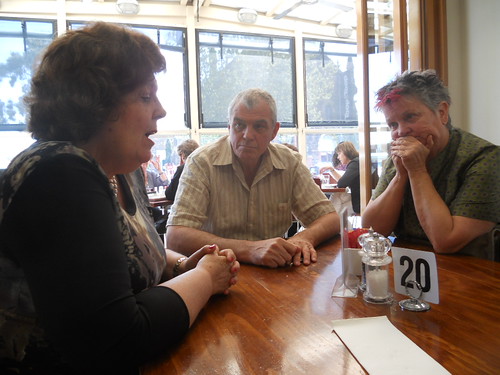 Can you name your own parents and grandparents? That's a great start for compiling any family tree. It has already taken you through three generations.
Can you name your own parents and grandparents? That's a great start for compiling any family tree. It has already taken you through three generations.

 I once attended a lecture given by the University of Birmingham's Prof Carl Chinn. He talked about the living stretch of history and passing on the baton of memories. He was talking about oral history and how we can almost touch people and things that were long ago.
I once attended a lecture given by the University of Birmingham's Prof Carl Chinn. He talked about the living stretch of history and passing on the baton of memories. He was talking about oral history and how we can almost touch people and things that were long ago.





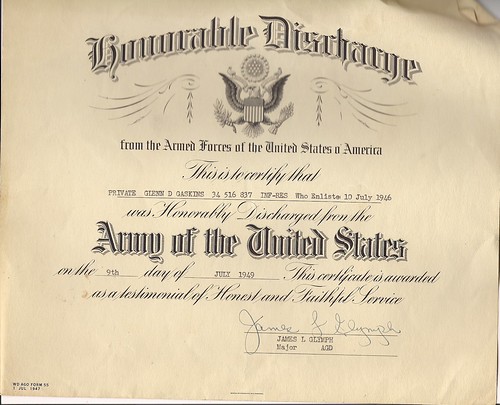 It may be that your family members have exhausted their own memories, but that doesn't mean that they have nothing left to share. They could well be sitting on a huge source of data, which is just waiting to be copied into your family tree.
It may be that your family members have exhausted their own memories, but that doesn't mean that they have nothing left to share. They could well be sitting on a huge source of data, which is just waiting to be copied into your family tree.


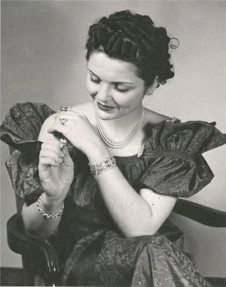 In my experience, most people are flattered to be asked about their life stories. The elderly in particular are well aware of their own mortality. This is their big chance to have their say and tell their lives, as they would wish them to be remembered.
In my experience, most people are flattered to be asked about their life stories. The elderly in particular are well aware of their own mortality. This is their big chance to have their say and tell their lives, as they would wish them to be remembered.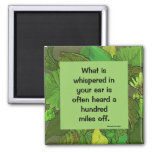


 As the years go by, society changes and so does its moral code. Things which once would have caused great shame to the family (baby out of wedlock; mixed race marriage) might now seem quite passe.
As the years go by, society changes and so does its moral code. Things which once would have caused great shame to the family (baby out of wedlock; mixed race marriage) might now seem quite passe.



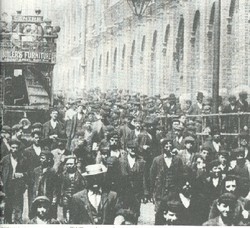

 St Tydecho's Churches in West Waleson 09/03/2014
St Tydecho's Churches in West Waleson 09/03/2014
 Goodies for an Outlander Premiere Partyon 03/06/2015
Goodies for an Outlander Premiere Partyon 03/06/2015
 Holocaust Memorial Day Interview with Rainer Höss, Grandson of Rudolf Architect of Auschwitzon 01/24/2015
Holocaust Memorial Day Interview with Rainer Höss, Grandson of Rudolf Architect of Auschwitzon 01/24/2015
 Romantic Valentine Gifts for an Outlander Fanon 01/16/2015
Romantic Valentine Gifts for an Outlander Fanon 01/16/2015

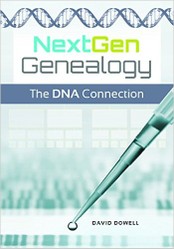
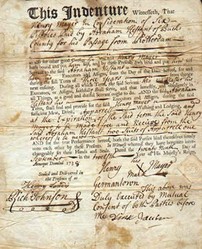
Comments
This is why I recommend to younger people to grab that information as soon as possible. I'm so very lucky that I started my genealogy when I was 17.
Even so, with discovering things later on, I still wish I had a time machine to go and ask more questions!
My dad and I have been researching our family and we both regret so much that we didn't talk to relatives while they were still alive. My great-grandmother was alive when I was a young child, but I barely remember her. All three of her children were alive until the 1970s and 80s but I never thought to ask them questions. How I wish I could get a do-over!
Hi Anna,
I too remember that great sigh of relief, when so many genealogical databases appeared on-line. I was one of the people who volunteered to transcribe the FreeBMD, which is now available on Ancestry.com.
It must have been so frustrating to meet with that attitude, when you were trying to pin down your roots. The only vaguely similar thing that I had was in researching Bargee ancestors (bit of a gypsy line there), which no-one wanted to admit existed.
At least with Americans, you have that vast amount of data from Ellis Island, which must really be wonderful.
I wrote an article like this a year ago and remember trying to research my family tree when I was in High School. Unfortunately, in America, many people came here and considered themselves American. Not German Americans or Irish Americans and a lot of that history was lost. Getting information from grandparents or great aunts and uncles was like pulling teeth. The standard response to where our we came from was, "We are American's now, why do you want to know?" With the resurgence of genealogy sites it is a little easier now.
Hi Shonna, You're very welcome!
It sounds to me like we owe a great debt to your grandmother. History tends to be judged on the movements of monarchs and presidents, which isn't telling nearly all of the story. It's the smaller settings that tell us much more about the past. Your grandmother's archive is already invaluable and it will become more so as time progresses, and the interviewees are long gone.
Good luck with your research and your family reunion. <3
My grandmother was an oral historian, she helped start the oral history department at the archives in the local University. Interviews were done with a variety of people, and what she believed and wrote about was that people will talk. If you show interest in what they may say, they will usually be more than happy to talk and tell their stories.
Preparing for the first family reunion here in about 22 years, and a family tree will be involved, so this is a help as I'm helping an uncle get that together! Thanks for this!